What is growth retardation and growth hormone deficiency?
Stunted growth in height is defined as height below -2 standard deviations (< -2SD) and height velocity in 1 year < 1.5 standard deviations compared to the reference population of the same age and sex. Stunted growth in height can be improved by treatment with growth hormone in: Turner syndrome, panhypopituitarism, pure growth hormone deficiency, Prader-Willi syndrome, chronic renal failure, slow growth for gestational age, pure dwarfism.
About 25% of children with height < -3 standard deviations have growth hormone deficiency. The frequency of growth hormone deficiency is about 1/3500 - 1/4000, milder forms can occur in 1/2000.
Growth hormone controls the growth of bones, muscles, and certain organs in the body. Growth hormone deficiency occurs when the brain does not produce enough growth hormone. This is usually due to problems in the hypothalamus or pituitary gland, which are the structures in the brain responsible for producing hormones.
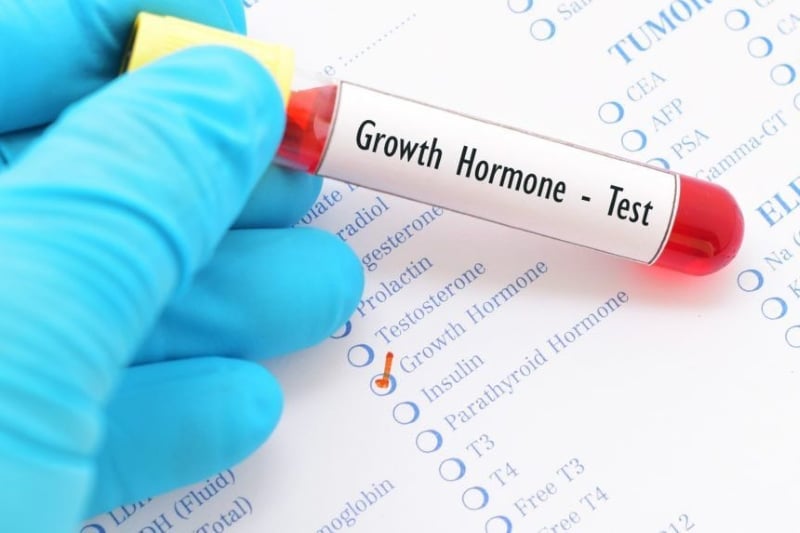
There are many causes of growth hormone deficiency, most of which are unknown. The most common is damage to the pituitary gland at birth.
Causes of growth hormone deficiency
There are many causes of growth hormone deficiency, most of which are unknown. The most common is damage to the pituitary gland at birth. This damage may be due to severe head trauma. Some growth hormone deficiency is inherited.
Parents should take their children to a Pediatric Endocrinologist if they suspect their child has growth retardation. Specialists will examine them to determine exactly whether the child has growth retardation or not and find the cause of the growth retardation.
Treatment of growth hormone deficiency
Patients with growth hormone deficiency who do not receive GH replacement therapy typically have a final height (adult height) of:
Men: 134 – 146 cm
Female: 128 – 134 cm
When growth hormone (GH) supplementation was given, final height improved with the following average figures recorded:
Men: increase 8.7 - 10.7 cm
Female: 7.7 – 9.5 cm.
After being diagnosed by a Pediatric Endocrinologist with growth retardation due to growth hormone deficiency or other diseases such as Turner syndrome, Prader Willi syndrome, chronic kidney failure, slow growth compared to gestational age, simple dwarfism, the child will be prescribed growth hormone injections.
Growth hormone is called Growth hormone (GH for short), also known as somatotropic hormone (SH) or somatotropin. This hormone is secreted by the anterior pituitary gland.
Growth hormone GH affects almost all tissues in the human body. GH stimulates cell growth in both size and cell division, affecting the entire metabolic process such as: increasing cell protein synthesis, increasing fat tissue breakdown to release energy, reducing glucose use, GH also indirectly affects cartilage and bone tissue. The production of growth hormone GH is self-regulated by the body according to biological rhythms, suitable for each stage of body development.
The dose of growth hormone varies depending on your child's weight/body surface area. This means that your child's dose will increase as he or she gets older.
Growth hormone is usually recommended for daily use by subcutaneous injection. Injections should be given in the evening, just before bedtime. Patients must ensure regular check-ups every 3-6 months: checking height increase and height growth rate to assess response to GH treatment, monitoring side effects of GH.
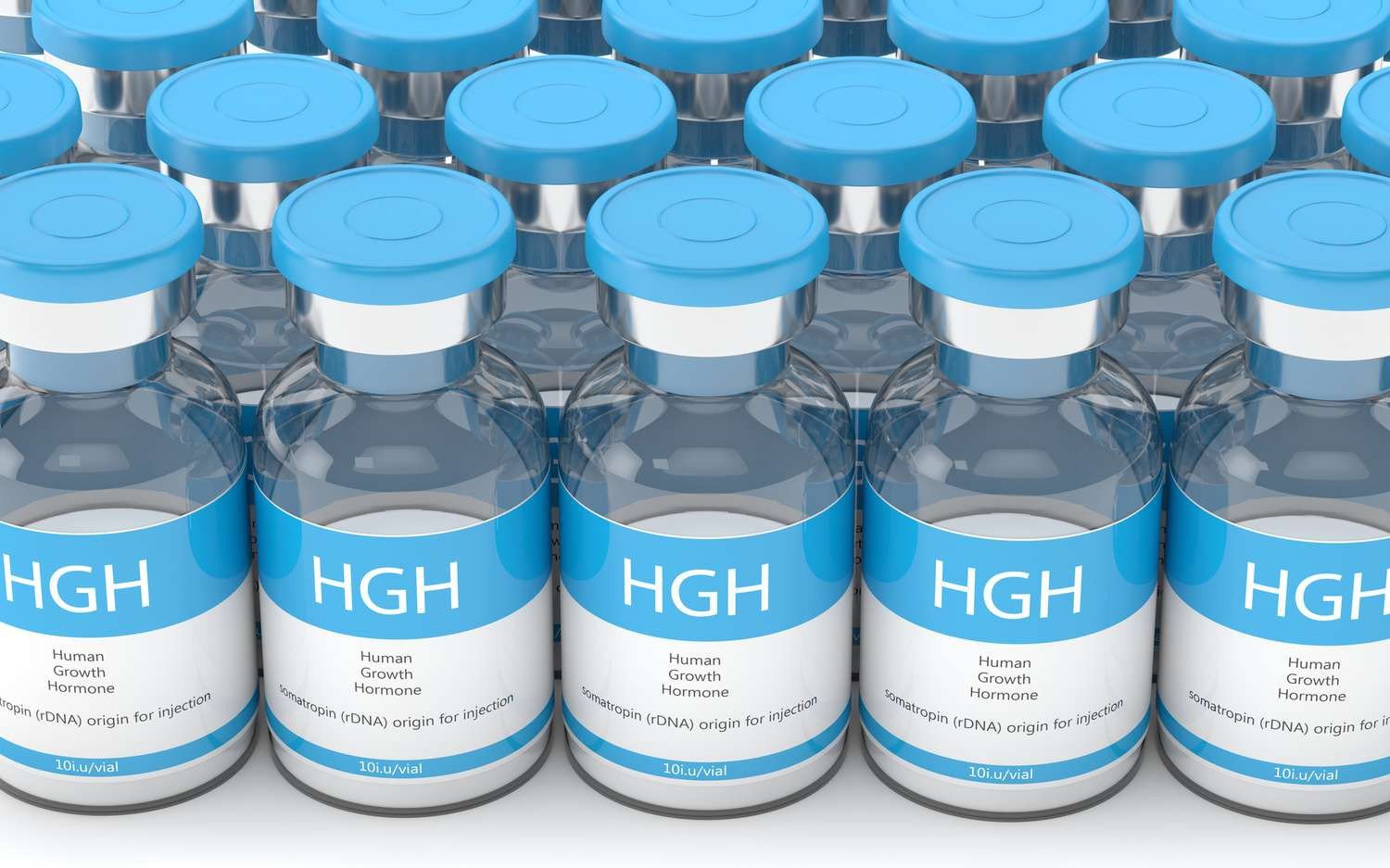 Should we arbitrarily supplement growth hormone for children?
Should we arbitrarily supplement growth hormone for children?Source: https://suckhoedoisong.vn/tre-thap-lun-do-thieu-hut-hormone-tang-truong-169251031132816922.htm




![[Photo] Panorama of the Patriotic Emulation Congress of Nhan Dan Newspaper for the period 2025-2030](https://vphoto.vietnam.vn/thumb/1200x675/vietnam/resource/IMAGE/2025/11/04/1762252775462_ndo_br_dhthiduayeuncbaond-6125-jpg.webp)


![[Photo] Opening of the 14th Conference of the 13th Party Central Committee](https://vphoto.vietnam.vn/thumb/1200x675/vietnam/resource/IMAGE/2025/11/05/1762310995216_a5-bnd-5742-5255-jpg.webp)


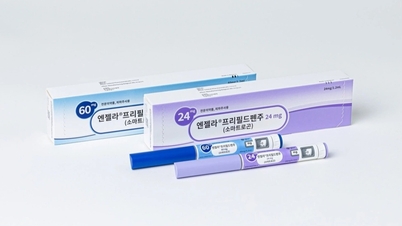




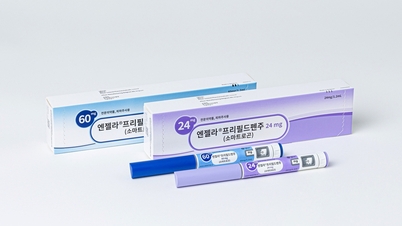



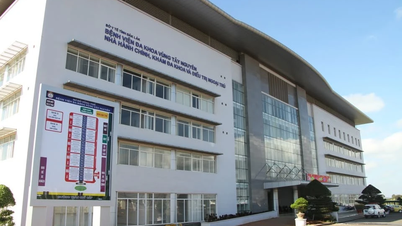
























































































Comment (0)